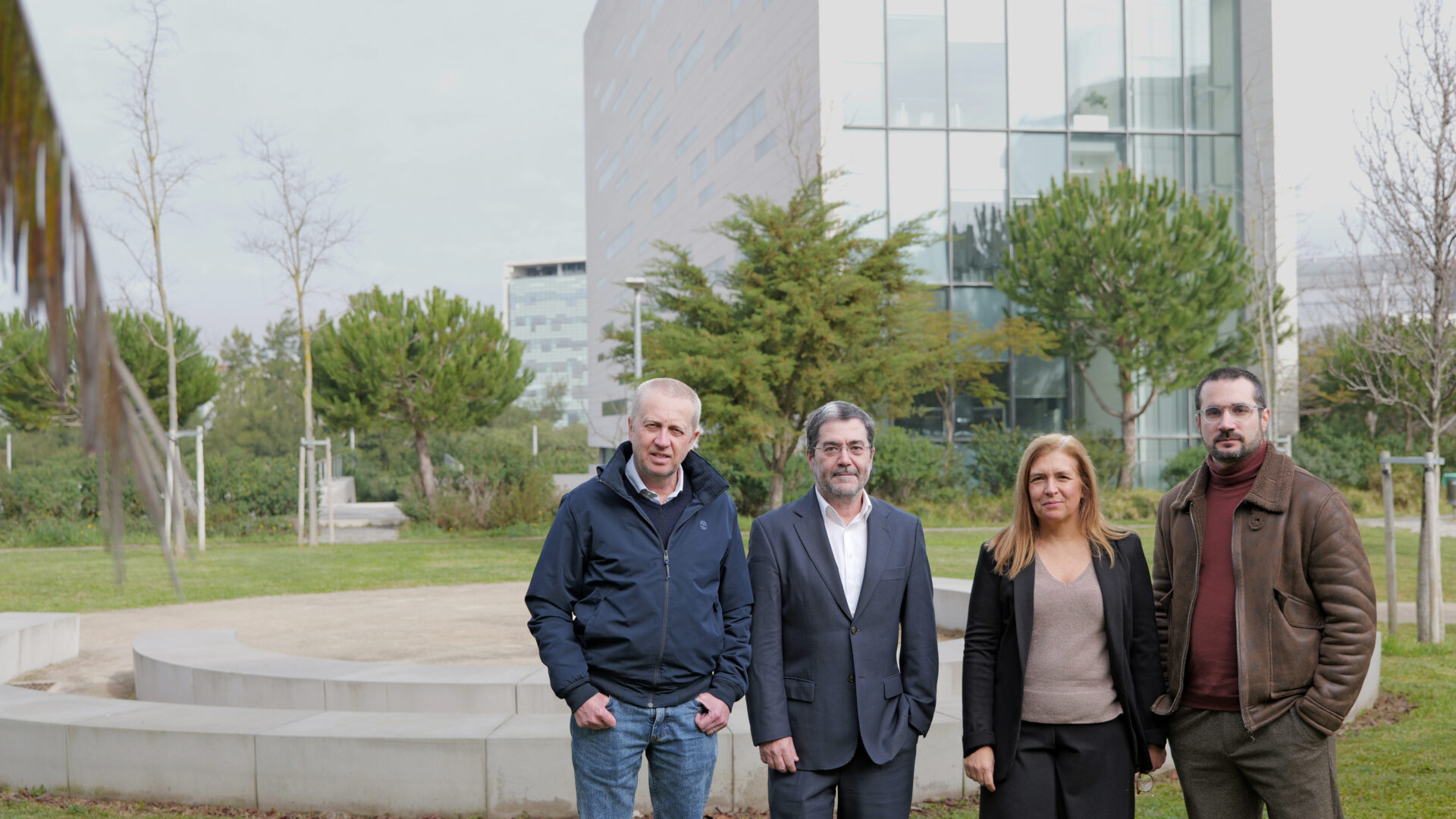Four professors from NOVA University in Lisbon, together with the European Journalism Centre in the Netherlands, have just been awarded a €2.7 million grant from the European Union’s Creative Europe programme to support science-based investigative journalism projects.
The programme, which will run across Europe over the next two years, is called Journalism and Science Alliance, and its key feature is that participating teams must include at least one journalist and one scientist.
“The aim is for scientists to support journalistic investigations with scientific work journalistic investigations,” explains António Granado, professor at the Faculty of Social Sciences and Humanities (NOVA FCSH) and project leader. “This fact will make it possible to study more complex issues and ensure the reliability of the information of the information reported”.
For Ana Sanchez, professor at the Institute of Chemical and Biological Technology at NOVA and also a member of the project, the programme offers an “extraordinary opportunity” for collaboration between scientists and journalists: “Investigative journalism, enriched by scientific research, also strengthens the role of science in society and highlights the importance of facts and evidence-based explanations.”
Paulo Nuno Vicente and Pedro Coelho, both professors at NOVA FCSH, are the other members of the members of the team responsible for this programme, which hopes to support around 75 investigative journalism projects over the next two years. For now, the NOVA team and the European Journalism Centre will prepare the programme rules and launch the first call for projects before the start of summer 2025.
“The awarding of this grant reinforces the role that NOVA has played in promoting quality journalism in Portugal and, from now on, in other European countries,” says João Sàágua, Rector of NOVA University of Lisbon. “It is also a recognition of the importance that higher education institutions can play in combating misinformation.”

